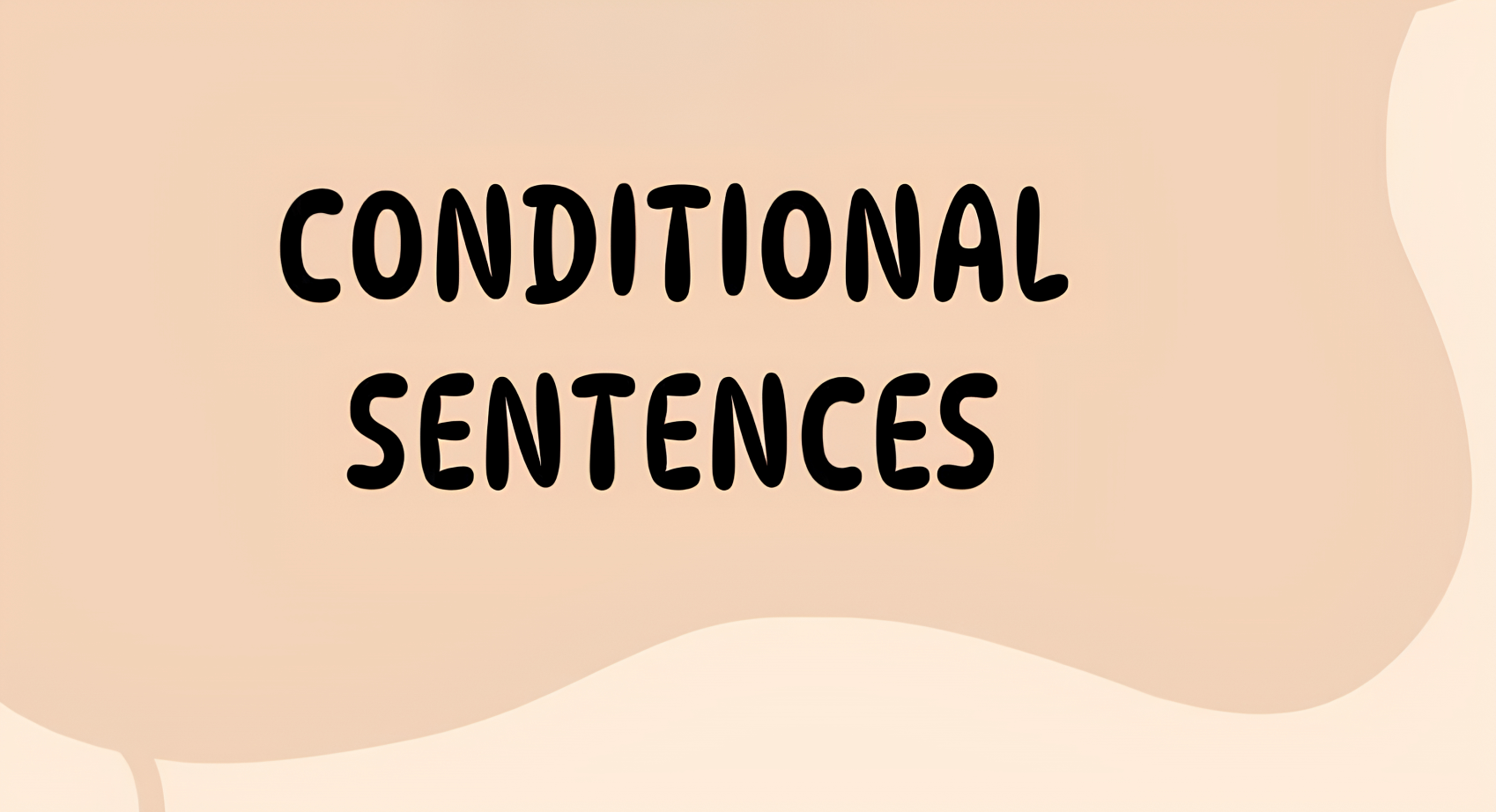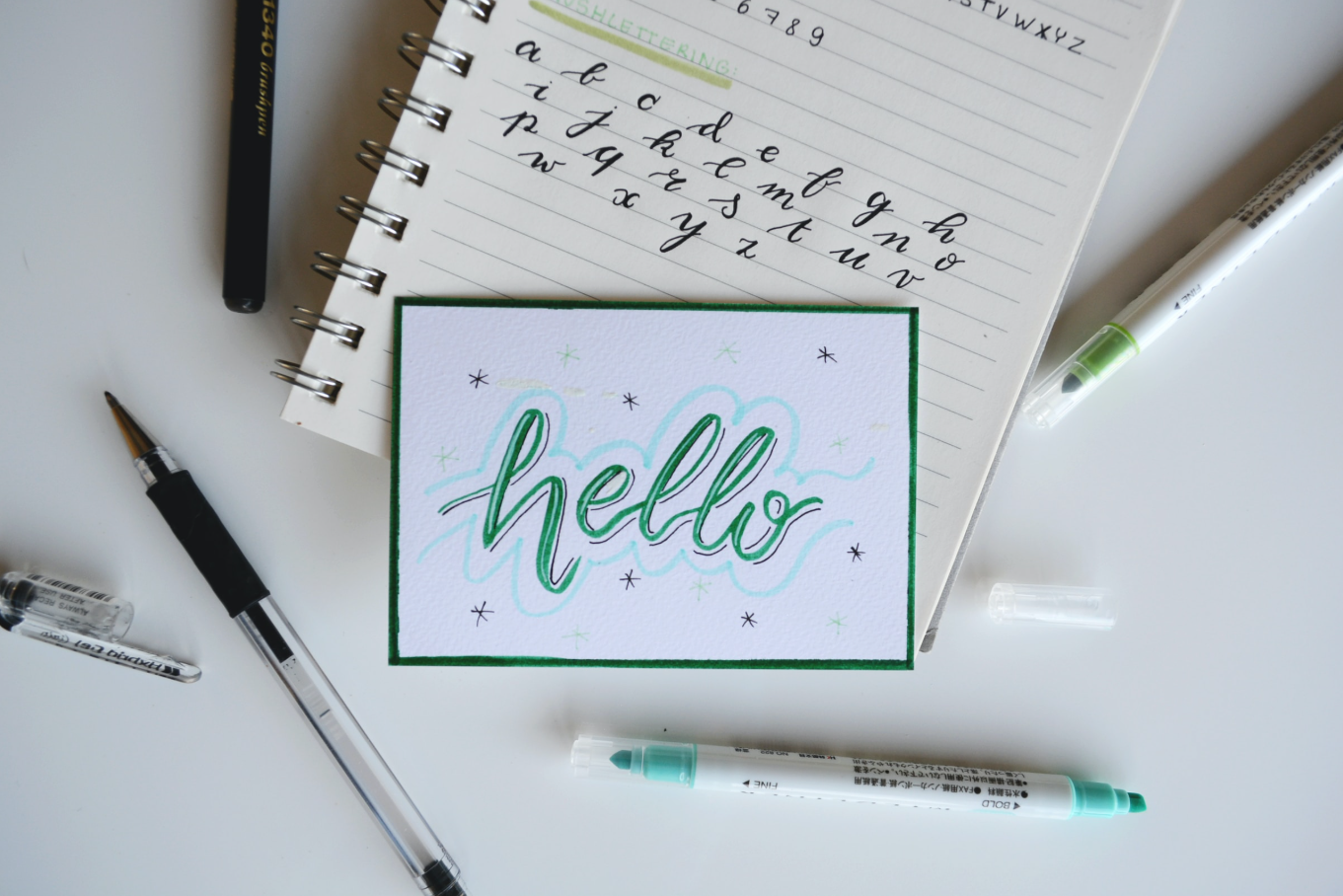Conditional Sentences in English: Types, Rules, and Examples
Oleksandra Kulish
Book expert
Conditional sentences in English and Russian are an integral part of our everyday speech. We use them to show the connection between two events, more precisely — the dependence of one on the other. Conditional sentences can also have special shades: to warn, explain, reproach, express regret or joy.
In this article, we will cover everything about the five types of conditional sentences: Zero Conditional, First Conditional, Second Conditional, as well as Third Conditional and Mixed Conditional. And at the end, we will introduce a convenient comparison table.

What is the structure of conditional sentences in English
Conditional sentences in English have the following structure:
- Main clause (main clause or result clause);
- Conditional clause (conditional clause or if clause).
The conditional clause (if clause) contains the condition:
If you drink enough water… (If you drink enough water…);
If I had more time… (If I had more time…).
And the main clause (main clause) contains the result, that is, what will happen (or would happen) if the condition is met:
...your skin will stay healthy (...your skin will stay healthy);
...I would travel the world (...I would travel the world).
The conditional clause usually begins with the conjunction if, but it can be replaced by other similar conjunctions — we will discuss them later.
The order of parts in a sentence is flexible. If the if clause comes first, a comma is placed between the parts:
If you drink enough water, your skin will stay healthy. — If you drink enough water, your skin will stay healthy.
If the main clause comes first, no comma is needed:
Your skin will stay healthy if you drink enough water. — Your skin will stay healthy if you drink enough water.
Punctuation for conditionals in English differs from Russian, where parts of a complex sentence are always separated by a comma.
In English, five types of conditional sentences are distinguished:
- Zero Conditional — zero type. For general truths, scientific facts, rules, and laws;
- First Conditional — first type. For likely events in the future;
- Second Conditional — second type of conditional sentences. For unlikely or unreal situations in the present or future;
- Third Conditional — third type of conditional sentences. For events that could have happened in the past but did not;
- Mixed Conditional — mixed type. When the condition and result belong to different tenses.
Of course, native speakers do not analyze the grammar of 0, 1, 2, 3, or Mixed Conditionals. But for us, it is important to understand the nuances of each type of conditional sentence in English, since the entire meaning of the statement depends on it.
Zero Conditional
We use Zero Conditional when talking about events or situations that are always true. In other words, the condition described in the subordinate part with if inevitably leads to the result in the main clause. These are universal connections like «if → always». Examples:
If I drink coffee late at night, I can’t sleep. — If I drink coffee late at night, I can’t sleep.
Zero Conditional sentences are often used to describe scientific facts, obvious statements, and general patterns.
If plants get enough sunlight, they grow faster. — If plants get enough sunlight, they grow faster.
Zero Conditional also helps describe rules, instructions, schedules, or policies.
If the alarm goes off, everyone leaves the building. — If the alarm goes off, everyone leaves the building.
First Conditional
The rule for forming the First Conditional is:
- In the if clause, the verb is used in Present Simple;
- In the main clause — in Future Simple.
Additionally, modal verbs (can, might, must) can be used in the main clause. Compare:
If you miss the train, you will take the next one. — If you miss the train, you will take the next one.
If you miss the train, you can take the next one. — If you miss the train, you can take the next one (= you will have the possibility).
If you miss the train, you must take the next one. — If you miss the train, you must take the next one (= it is necessary).
If we want to give advice or a recommendation, the Imperative Mood is used in the main clause:
If you feel tired, take a break. — If you feel tired, take a break.
If we are sure that the event will definitely happen (it is only a matter of time), we can replace if with when:
If she calls me, I’ll be happy. — If she calls me, I’ll be happy (but she might not call).
If can also be replaced with unless (if not):
You won’t pass the exam unless you study. = You won’t pass the exam if you don’t study. — You won’t pass the exam if you don’t study.
Second Conditional
Second Conditional describes events in the present or future that are theoretically possible but will not happen due to a certain condition. In Russian, such sentences with if and would are usually translated as «if only»:
If I had a car, I would drive to work. — If I had a car, I would drive to work (but I don’t have a car, so I don’t drive).
Sometimes both First and Second Conditional can be used — the choice depends on how likely the speaker considers the event. Compare:
If we save some money, we’ll buy a new laptop. — If we save some money, we’ll buy a new laptop.
If we saved some money, we could buy a new laptop. — If we saved some money, we could buy a new laptop (but we probably won’t save).
Second Conditional helps express a dream, something desired but unreal:
If I lived by the sea, I would swim every day. — If I lived by the sea, I would swim every day.
It is also suitable for any hypothetical situation:
If I spoke French, I would move to Paris. — If I spoke French, I would move to Paris.
Third Conditional
The third type is used for unreal situations in the past — those that could have happened but did not. These are events that can no longer be changed. This is what makes Third Conditional different from Second Conditional.
Imagine: Anna planned a trip to the sea, but due to illness, she did not go. During her illness, she could have said:
If I felt better, I would go. (Second Conditional — the situation is still current).
A week later, remembering:
If I’d felt better, I would have gone. (Third Conditional — everything is in the past).
In Russian, both are translated the same: «If I felt better, I would have gone». But in the first case — present, in the second — irreversible past.
Third Conditional helps express:
- Regret: If I had studied harder, I would have passed the exam. — If I had studied harder, I would have passed the exam.
- Excuse: If the train hadn’t been late, I wouldn’t have missed the meeting. — If the train hadn’t been late, I wouldn’t have missed the meeting.
- Reproach: You could have warned me if you had known about the changes. — You could have warned me if you had known about the changes.
Examples:
If she had checked the weather, she wouldn’t have worn sandals. — If she had checked the weather, she wouldn’t have worn sandals.
If we had left earlier, we would have avoided the traffic. — If we had left earlier, we would have avoided the traffic.

Mixed Conditional
Unlike the previous four types, in Mixed Conditional the condition and the result refer to different time periods. There are three main varieties:
- Third + Second Conditional;
- Second + Third Conditional;
- Second + First Conditional (rarely).
Let's consider their purpose and grammar.
Third Conditional + Second Conditional
Condition — in the past, result — in the present or future.
Formula:
- if clause: Past Perfect;
- main clause: would / might / could + Infinitive.
Examples:
If you had finished the report yesterday, you wouldn’t be stressed now.
— If you had finished the report yesterday, you wouldn’t be stressed now.
If she had saved enough money, she could buy a new phone next month.
— If she had saved enough money, she could buy a new phone next month.
Second Conditional + Third Conditional
Condition — general, timeless (often a character trait), result — in the past.
Formula:
- if clause: Past Simple;
- main clause: would have + Past Participle.
Examples:
If I were more organized, I wouldn’t have missed the deadline last week.
— If I were more organized, I wouldn’t have missed the deadline last week.
If he weren’t so forgetful, he wouldn’t have left his passport at home.
— If he weren’t so forgetful, he wouldn’t have left his passport at home.
Second Conditional + First Conditional (rare case)
Condition — hypothetical in the present, result — in the future.
Formula:
- if clause: Past Simple;
- main clause: Future Simple.
Examples:
If my car weren’t broken, I’ll drive you to the station tomorrow.
— If my car weren’t broken, I’ll drive you to the station tomorrow.
If she spoke English fluently, she will get the job offer next week.
— If she spoke English fluently, she will get the job offer next week.
Note: this type is rarely used by native speakers, but it is grammatically possible.
Table for reinforcement: examples with translation for each type of conditional sentence
Memorizing all five types of Conditionals at once is not easy. Therefore, take this table of conditional sentences in English for reinforcement.
|
Type |
Structure |
Meaning |
Example |
|
Zero Conditional |
If + Present Simple, Present Simple |
General truths, facts |
If you mix red and blue, you get purple. |
|
First Conditional |
If + Present Simple, will + V1 |
Real condition in the future |
If you hurry, you will catch the train. |
|
Second Conditional |
If + Past Simple, would + V1 |
Unreal or unlikely situation now |
If I were you, I would change the plan. |
|
Third Conditional |
If + Past Perfect, would have + V3 |
Unreal condition in the past |
If he had called earlier, we would have met. |
|
Mixed Conditional |
If + Past Perfect, would + V1 |
Past → effect on the present |
If she had taken the job, she would live in London now. |
Now you know how the five types of conditional sentences in English differ.
To learn to use them fluently in conversation, use quality textbooks from Dinternal Education. The literature from this online platform will help you in all aspects of learning English.
Other news

20
0

Oleksandra Kulish
Book expert
26 November 2025







